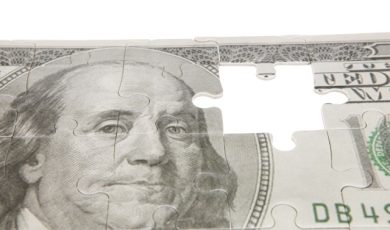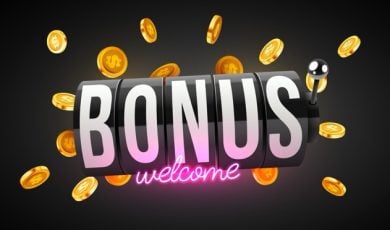In a perfect world, all gaming machines would be legal.
But everyone from gaming execs to average players know we don’t live in a perfect world. Illegal gambling runs rampant across the country, and gaming executives like Penn Entertainment CEO Jay Snowden are cracking down.
Snowden sent a team of employees out to various communities in Pennsylvania to check out reports of illegal gambling in PA. The results were sobering, he said in a keynote interview at this year’s Global Gaming Expo.
“We have photos of children playing these games and families engaging on these games,” he said. “In several states where we operate, this is a catastrophe in the making. This is an existential issue for the industry. It’s a reputational issue for our industry.”
How big is the problem? American Gaming Association CEO Bill Miller said at the conference that Americans have bet more than $300 billion each year through illegal websites and machines. For context, the AGA noted in a letter to Attorney General Merrick Garland that the US casino industry is valued at $261 billion.
$300 billion illegal gaming is unregulated, brings crime
The fact that the illegal gambling market is bigger than the legal US gambling market is sobering enough. However, it’s not just the act of gambling on an illegal website or slot machine that’s damaging. It’s the other crimes the act brings.
For example, because illegal gambling sites (offshore sportsbooks, for example) aren’t regulated by any state or federal laws, payouts aren’t guaranteed.
A gambler could go to a website they think is legit, deposit money, score a big win, and then never receive their money.
“Illicit gambling operations have also been known to at times simply disappear, walking away with their customers’ funds in the process,” the AGA said in its letter to Garland.
Another factor is that businesses or facilities that offer illegal gaming machines tend to be crime magnets. Jacksonville, Florida is a good example of this. The city’s 100 or so illegal gambling halls led to 28,000 calls to the sheriff’s office over the span of five years, Jacksonville City Councilmember LeAnna Cumber told PlayFL.
And while the average gambler knows that illegal sites or retailers are wrong, they still use them. The AGA noted in its letter to Garland that 74% of sports betters say they think it’s important to bet with legal providers. However, more than half said they still use illegal bookmakers.
Even some legal games resemble slot machines
Snowden’s comments at the Global Gaming Expo lumped illegal gambling and slot-style lottery games together. The two are completely separate because the former is illegal, and the latter is legal and regulated.
However, there are several legal online lottery games that offer a slots-style gaming experience. For example, the Virginia Lottery offers several online lottery games that have the look and feel of slot machines:
- Scratchers have multiple rows of gameplay like slots
- Ticket purchases are similar to slot deposits
- “Scratching” a ticket requires clicking a “Play” button like slots
- New scratchers populate on the screen like new rows on a slot machine
Where does this leave legal gaming companies?
Something must be done; that’s the consensus among gaming leaders. In addition to the crime and lack of regulation, Miller pointed out that communities lose out on $4 billion in tax revenue because of illegal gambling.
The AGA’s solution? The Department of Justice needs to step in to help where local and state law enforcement can’t. It needs to crack down on illegal operators who offer games that don’t go through the proper regulatory channels. And it needs to make that information public so that law enforcement can access it to make the public safer.








